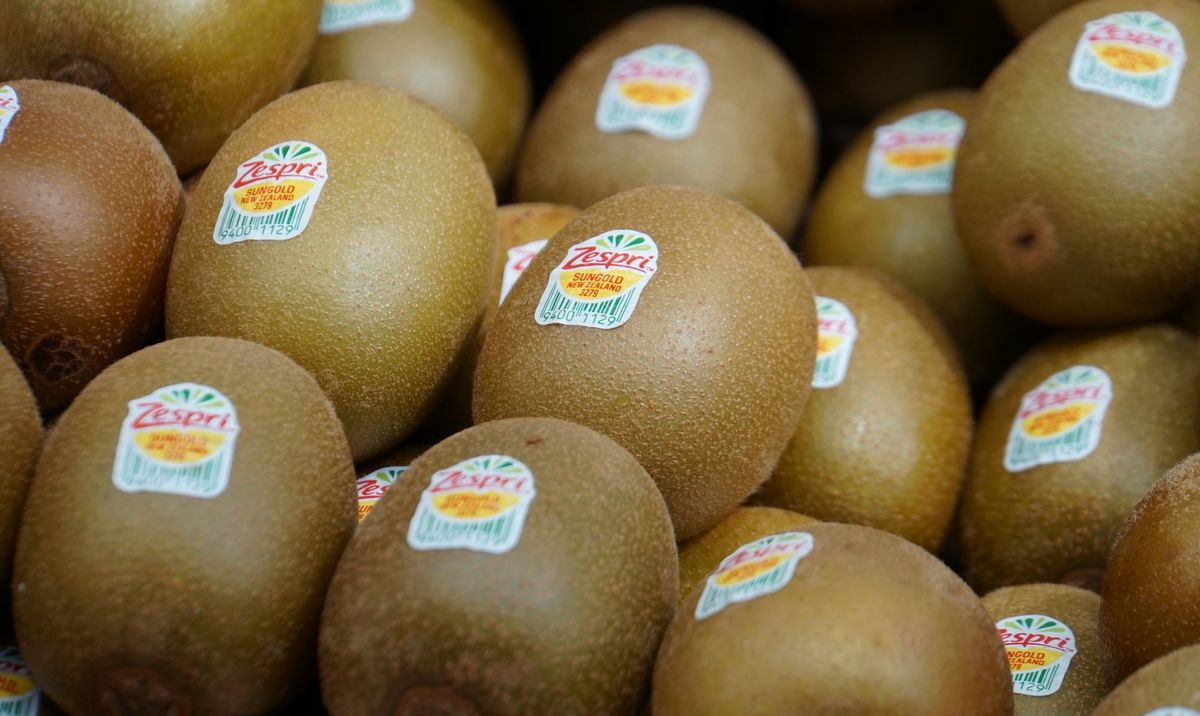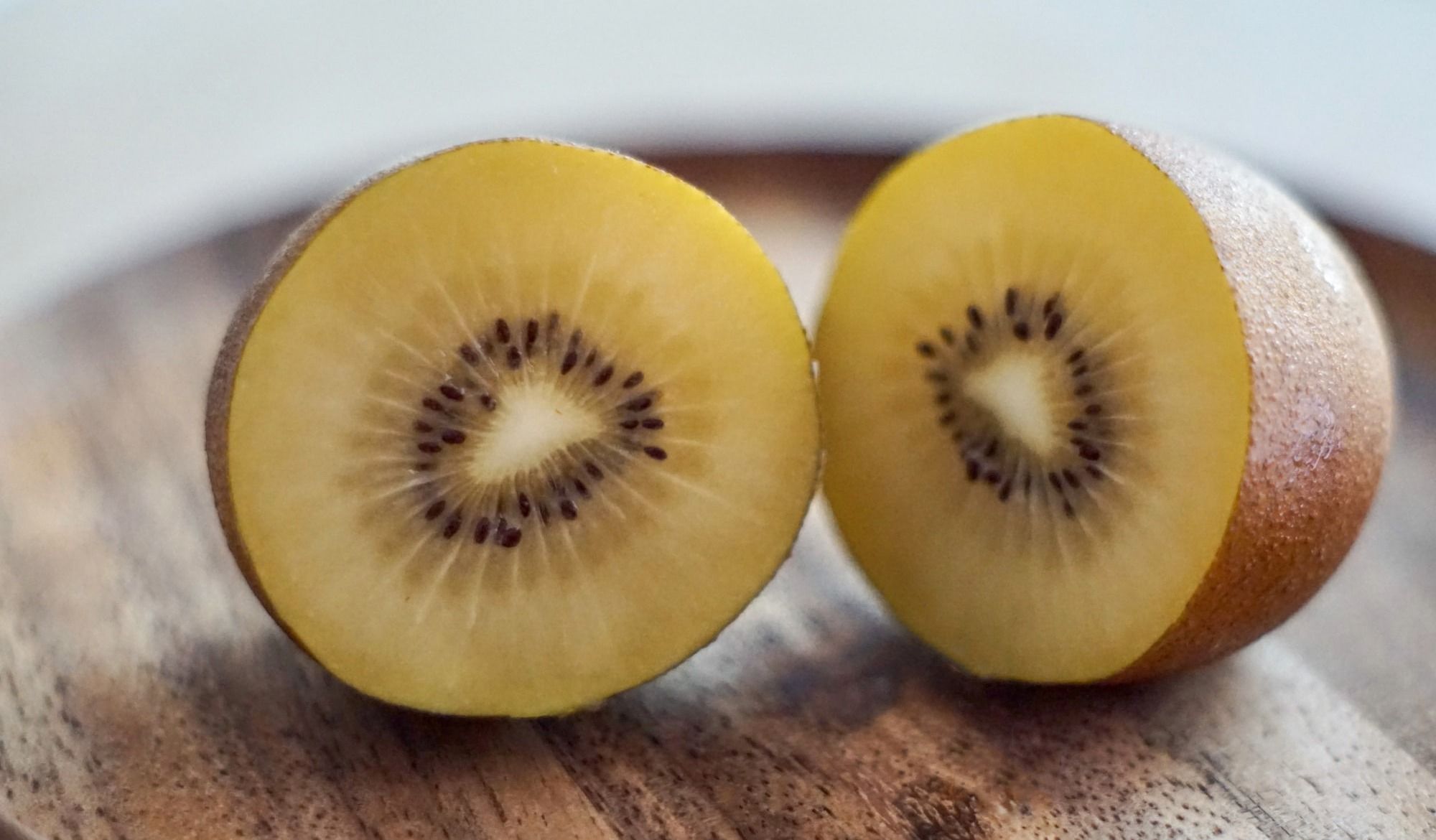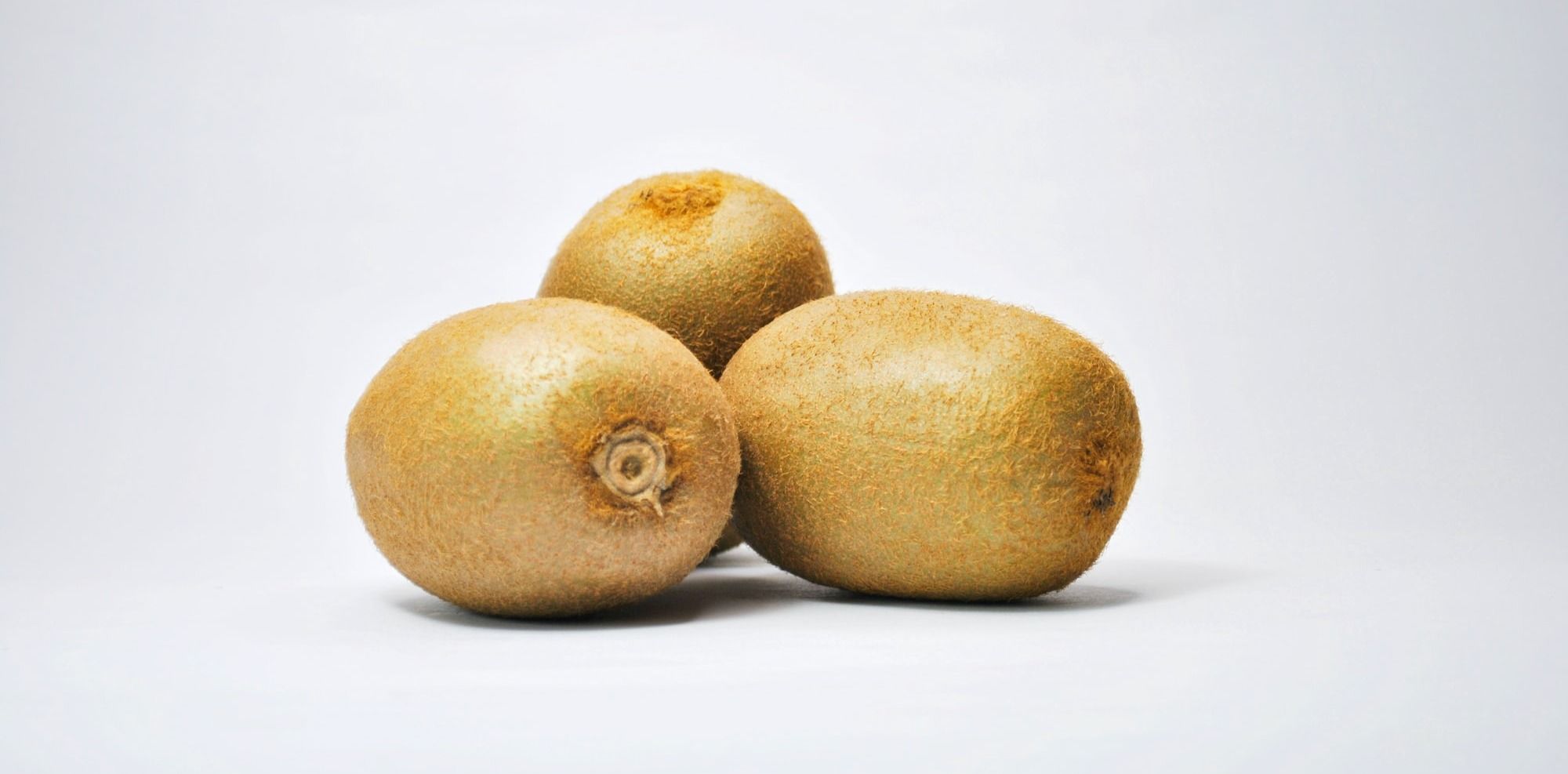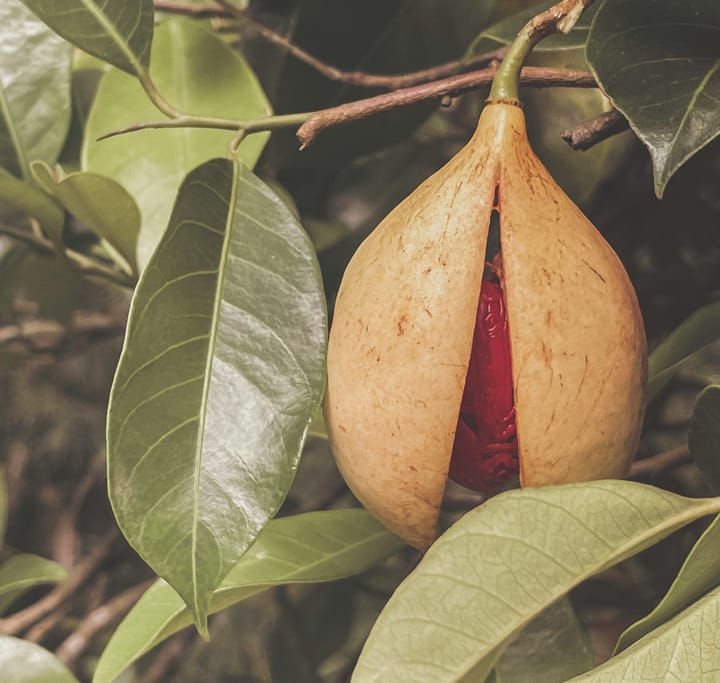New Zealand's Golden Kiwis: Here's Why It's So Expensive
New Zealand's Zespri consortium's golden kiwis, with their exclusive SunGold strain, revived the kiwi sector post-2010 crisis. Despite being pricey, their unique taste and health benefits showcase New Zealand's agricultural expertise, making them a worthy indulgence.

Golden kiwis, heralded for their sweet taste and yellow hue, are a brainchild of New Zealand's Zespri consortium.
They not only revived the nation's kiwi industry post a 2010 disease calamity but have also gained favor over the traditional green variety despite a heftier price tag.
Zespri's SunGold kiwi strain, in particular, is highly sought-after, with its sprouts even being smuggled overseas at astounding prices.
The concept of fruit under copyright underscores its exclusivity, justifying the hefty price, alongside its delectable taste and historical value to New Zealand’s agriculture.
What Is New Zealand Golden Kiwi?
The New Zealand Golden Kiwi, primarily cultivated in New Zealand, was commercially introduced in 1991 as the SunGold variant by the Zespri consortium.
This variety, encased in a bronze-toned, smooth skin, tantalizes the palate with a sweet, tropical flavor reminiscent of a mango and strawberry blend.
Noteworthy for its exceptionally high Vitamin C content, the SunGold kiwi played a pivotal role in rejuvenating New Zealand's kiwi industry following a severe disease outbreak in 2010, thanks to its disease-resistant traits.
History and Origin of Golden Kiwi
Originating from seeds imported from China in 1977, the New Zealand Golden Kiwi was cultivated in Te Puke, New Zealand.
Through selective breeding, the distinct Hort-16A strain was commercially introduced in 1991 by Zespri International Ltd., diversifying the then predominantly green kiwifruit market.
Recognized for its unique sweet taste and vibrant yellow flesh, the golden kiwi quickly became a significant player in New Zealand's kiwifruit industry.
Post the initial success of the golden kiwi, a bacterial outbreak during 2010-2012 led to the creation of a new variant, Gold3 or G3, known as Zespri SunGold Kiwifruit.
G3, more resistant to the Psa-V bacteria than its predecessor Hort16A, maintained the delightful taste of the golden kiwi while addressing the disease challenge.
Its cultivation, regulated by Zespri Group Limited, marked a key step in sustaining New Zealand's kiwifruit market amidst adversity, showcasing the industry's resilient and innovative nature.

Golden Kiwi vs Green Kiwi
Golden kiwis, recognized by their bronze smooth skin and bright yellow flesh, starkly contrast the fuzzy, brown, and green interior of green kiwis.
Despite being smaller, golden kiwis deliver a sweeter, softer taste, mirroring a tropical mango-strawberry fusion, while green kiwis offer a tangy, yet sweet flavor with a firmer texture.
Nutritionally, both are potent, but golden kiwis excel with higher Vitamin C, Vitamin E, and folate, making them particularly beneficial for pregnant women or those planning to conceive.
The delicate, hairless skin of golden kiwis makes them more damage-prone, unlike the hardier green kiwis. Both are potassium-rich, supporting heart health, muscle function, and nerve signaling.
Additionally, golden kiwis have a longer shelf life post-ripening, staying fresh for up to 7 days compared to the 5-day window of green kiwis, offering a longer duration to enjoy their unique flavor.
Price of New Zealand Golden Kiwi
The price of golden kiwi can be vary, but a 2-pound pack is listed for around $30. Despite being smaller, golden kiwis are priced double than green kiwis, with some sprouts smuggled out of New Zealand fetching up to New Zealand Dollar 60,000 per lot, due to Zespri's copyright on cultivation.

Here's Why Zespri Golden Kiwis Are So Expensive
The premium price tag on New Zealand's golden kiwis can be attributed to a mixture of factors revolving around their development, cultivation, and the unique attributes they bring to the table.
Exclusive License for SunGold Orchard
Growing golden kiwis is a tightly controlled endeavor under the stewardship of Zespri, which annually issues a scarce number of licenses, igniting competitive bidding among growers.
According to Insider, in 2022, the race for a SunGold license intensified, with the median price skyrocketing to an eye-watering $801,000 per hectare.
This exclusivity highlights the golden kiwis' allure and the substantial investment growers are ready to shoulder for a share in this lucrative venture.
Labor-Intensive Cultivation
The cultivation of SunGold kiwi orchards is a five-year endeavor commencing in New Zealand's cool June winter.
During this onset, diligent pruning and training of vines onto trellises occur, directing growth upwards to foster sweeter kiwis by concentrating sugar at the top.
Given the lower fruit yield of golden kiwi vines, denser plantations are needed.
Unlike green kiwi orchards with 12,000 to 14,000 trees per hectare, golden kiwi orchards require a thicker spread of 16,000 to 18,000 trees per hectare to ensure a rewarding harvest for farmers.
Meticulous Harvesting
Golden kiwis are a gourmet fruit variety, their price reflecting the meticulous cultivation they undergo.
Harvested with gloved hands by adept pickers, their delicate nature demands careful handling, despite being easy to pick.
This detailed attention ensures they remain untouched by any rough handling or fingernails, marking the harvest a handcrafted effort.
Stringent Quality Control
Prior to harvest, a quality assessment is conducted on a sample batch from the orchard, evaluating taste, seed count, and seed coloration.
Unlike casual grading, every kiwi in the sample must meet all criteria, showcasing the orchard's commitment to quality.
The stringent quality control characterizes the SunGold variety of golden kiwi, managed by Zespri, a cooperative of kiwi growers in New Zealand. The Zespri endorsement is not only a quality hallmark but a promise of savoring New Zealand's finest with every SunGold kiwi bite.
Consumer Preference and Profitability
Despite costing nearly twice as much as standard green kiwis, golden kiwis have proven to be more popular and profitable.
Their sweet taste and yellow flesh appeal to a broad spectrum of consumers, making them a preferred choice over the green variety.
Unique Flavor and Nutritional Profile
The unique flavor profile of golden kiwis, which is a delightful blend of mango and strawberry flavors with a sweet, subtly tangy, and sometimes tropical taste, sets them apart from the common green kiwis.
Nutritional superiority also plays a part. For instance, a single serving of golden kiwis provides a remarkable amount of Vitamin C, meeting 290% of your daily needs, which is more than an orange.
Besides, they are a good source of potassium and offer additional nutritional benefits when consumed with their skin.
Marketing and Branding
The golden kiwi has been effectively marketed and branded by Zespri International Ltd, under the name Zespri Gold and later as SunGold.
The effective marketing strategies have helped in creating a premium perception of golden kiwis which, in turn, supports the higher price point.
Here Are Some Intriguing Facts About Golden Kiwis
- Their one-of-a-kind sweet taste is cherished globally, often described as a 'wake up call for your sweet tooth'.
- A single serving of golden kiwis (2 kiwifruits) provides a whopping 290% of your daily Vitamin C needs, outshining even an orange in Vitamin C content.
- Nutritionally, golden kiwis are on par with bananas in providing potassium which is essential for maintaining normal blood pressure and supporting healthy nerve and muscle function.
- The skin of golden kiwis is edible and nutritious, significantly enhancing the fiber, folate, and vitamin E content when consumed along with the flesh
Final Thoughts
The premium price of New Zealand's golden kiwi, a Zespri consortium masterpiece, is a reflection of its exotic taste and nutritional bounty, including higher levels of Vitamin C, Vitamin E, and folate.
The meticulous cultivation, starting from the exclusive SunGold strain to handcrafted harvesting, alongside stringent quality control, justifies its cost.
Despite the higher price, its unique flavor and health benefits make the golden kiwi a valuable indulgence, showcasing New Zealand's agricultural prowess.


